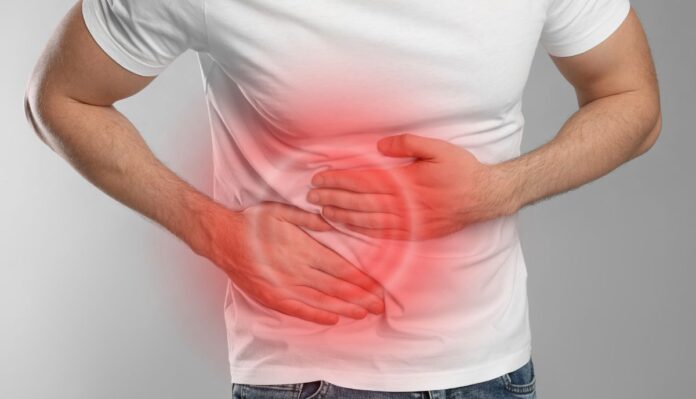Veterans that served in one of the branches of military service often return home with health ailments. Some suffer from physical ailments while others have emotional scars that can be even more difficult to deal with.
According to the U.S. Department of Veteran’s Affairs, nearly seven out of 100 Vets will have at least one episode of PTSD (Post Traumatic Stress Disorder). Female Veterans have a higher rate of PTSD than men at 13%; men that have served report a rate of six out of 100.
How Do You Recognize PTSD Signs:
According to U.S. News & World Report, many Veterans experience abnormal feelings after returning home. Many do not realize that may be experiencing varying degrees of PTSD. Some of the common signs of PTSD include:
- Reliving the trauma the Vet experienced while serving. These could include negative thoughts, nightmares/flashbacks, and reliving unwanted experiences.
- Avoiding activities that may reactivate unwanted thoughts and emotions. Watching movies or reading books about war and political conflict can be triggers.
- Feelings of anxiety and anxiousness.
- Difficulty falling asleep or changes in sleep patterns.
- Mood changes bring on feelings of depression, anxiety, and wanting to isolate from friends and family. It may lead to difficulty focusing, which could disrupt employment if serious enough.
Recognizing Risk Factors:
Not every veteran experiences an emotional disturbance or PTSD upon returning home, but many do have the effects of PTSD.
Here are some risk factors commonly found in those suffering from PTSD.
- Veterans that have been deployed have a higher risk of PTSD than those that did not see action. Studies show that it may be three times more likely than those that did not see war action.
- Other factors include existing mental illness, military specialty, the politics surrounding the war, and where it is fought.
- Some factors contributing to the occurrence of PTSD can be the result of MST (military sexual trauma) states the National Center for PTSD. This type of trauma may occur during any time of military duty, even during peacetime.
No matter what has caused PTSD or MST, the veteran needs to seek treatment to overcome the negative feelings and cope with the cause of the ongoing trauma.
Seeking VA Care for PTSD:
Some Veterans seek help from their local VA healthcare provider while others visit regular physicians who may be part of their employers’ plan after returning to civilian life.
While it is becoming less frequent, many Veterans are misdiagnosed by their local VA hospital, making it necessary for them to appeal the incorrect diagnosis and get awarded the benefits they need and deserve. When denied benefits many Vets contact The Board of Veterans Appeals.
The Board of Veterans Appeals:
As of 2017, the Veterans Appeals Improvement and Modernization Act was formed to help Veterans obtain the benefits they deserve for PTSD or other mental health issues. This program made the process easier and gets cases in front of the Board of Veteran’s Appeals (BVA) in a timelier manner.
Making this process easier and allowing the Vet to show the BVA that the VA local office failed to consider all or some of the important factors in the medical case, typically results in reconsideration of the case.
Today, we realize that all Veterans should be able to get the care they need for their physical and emotional well-being.
